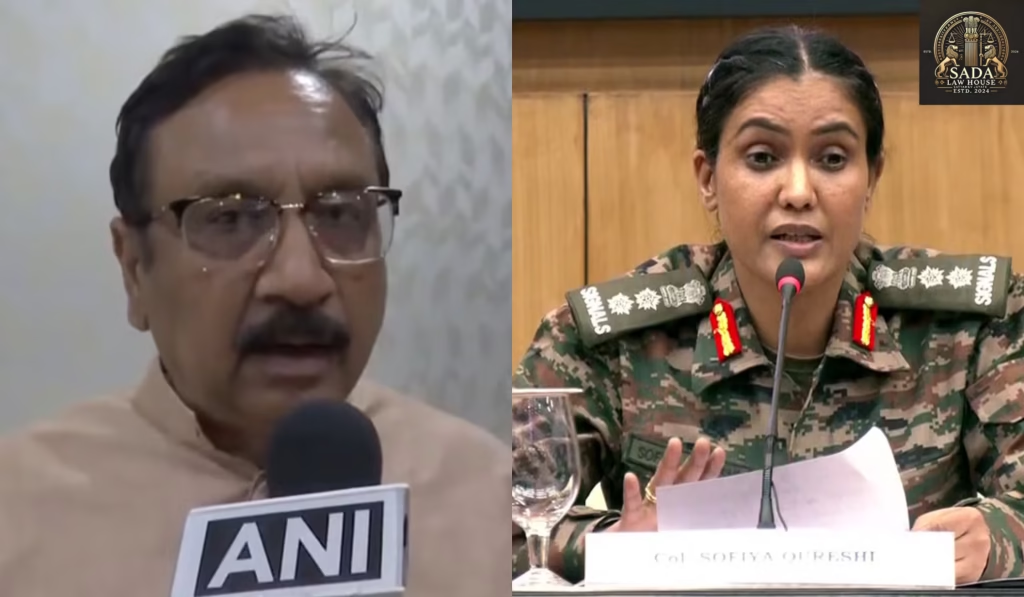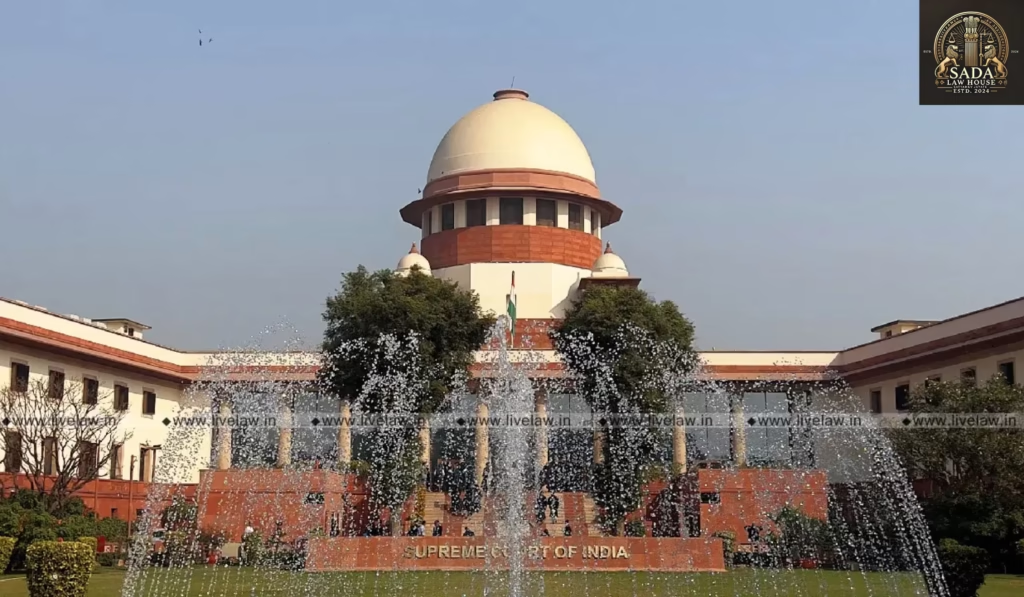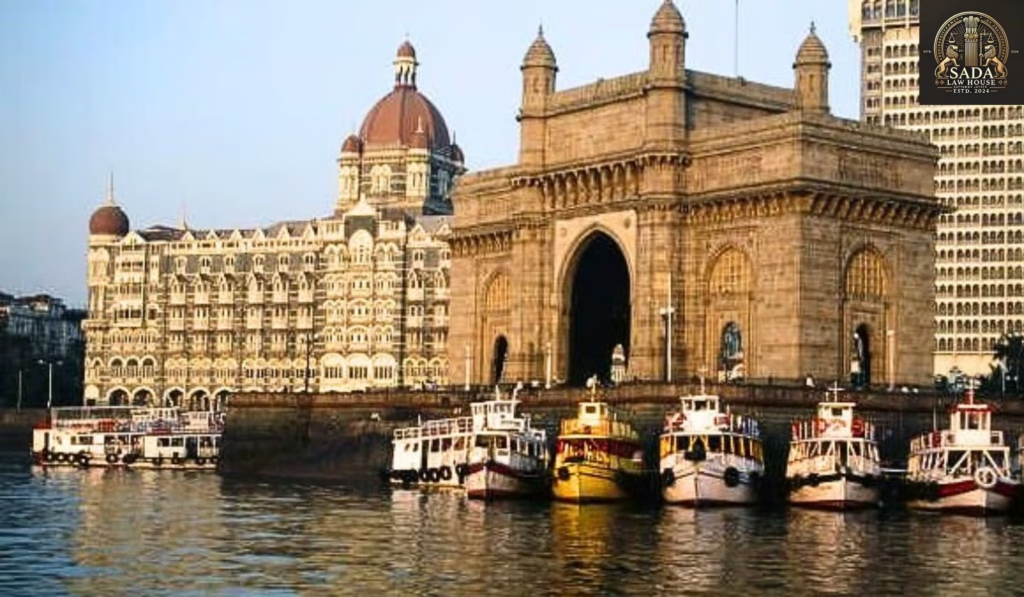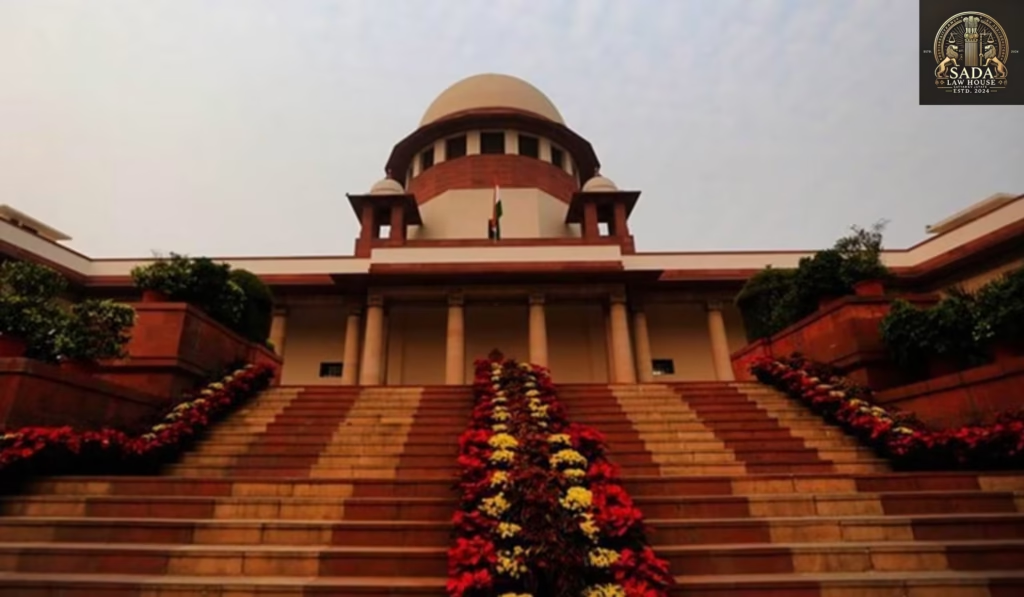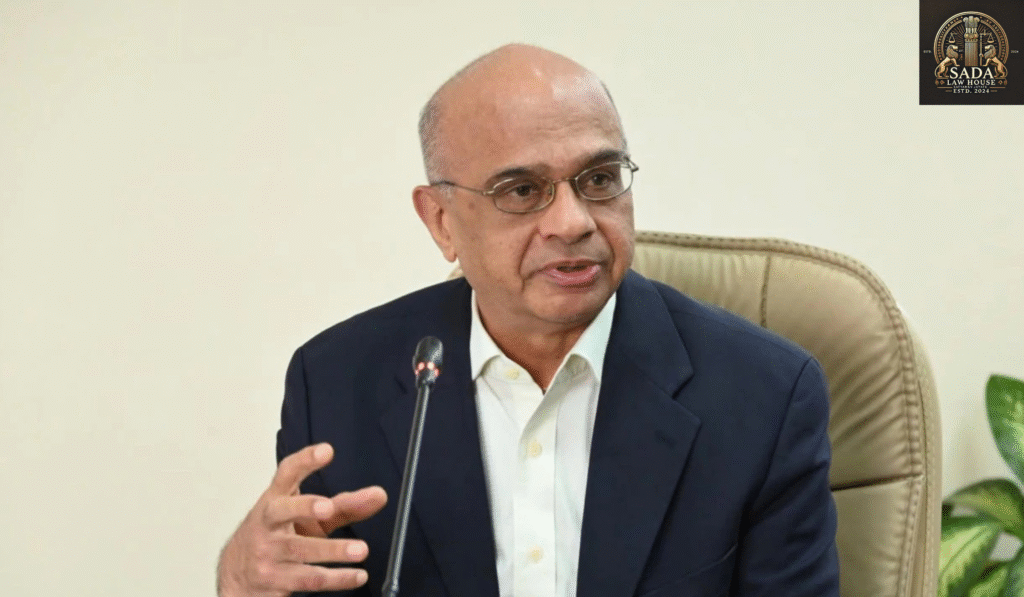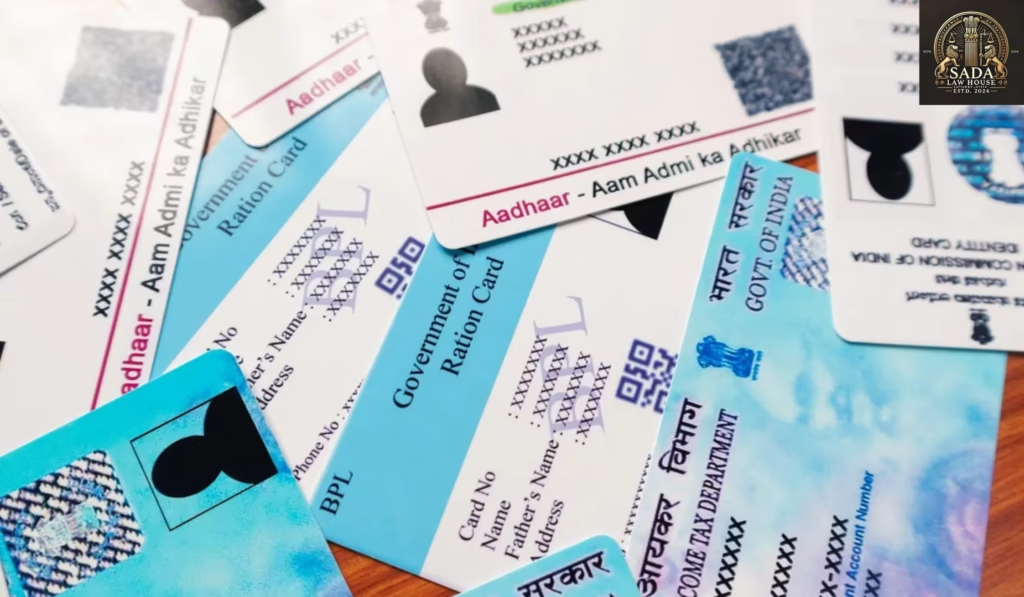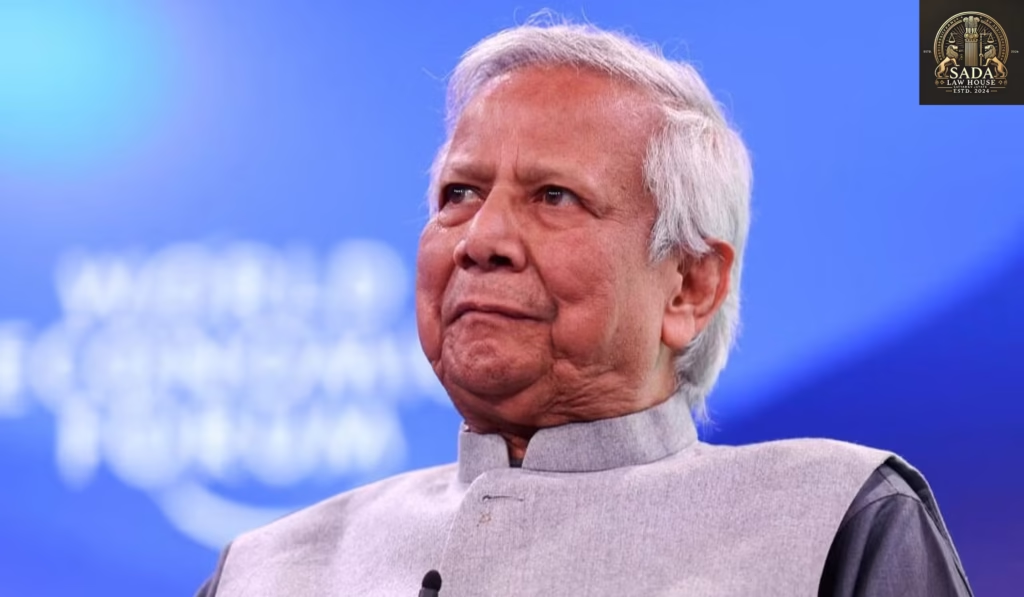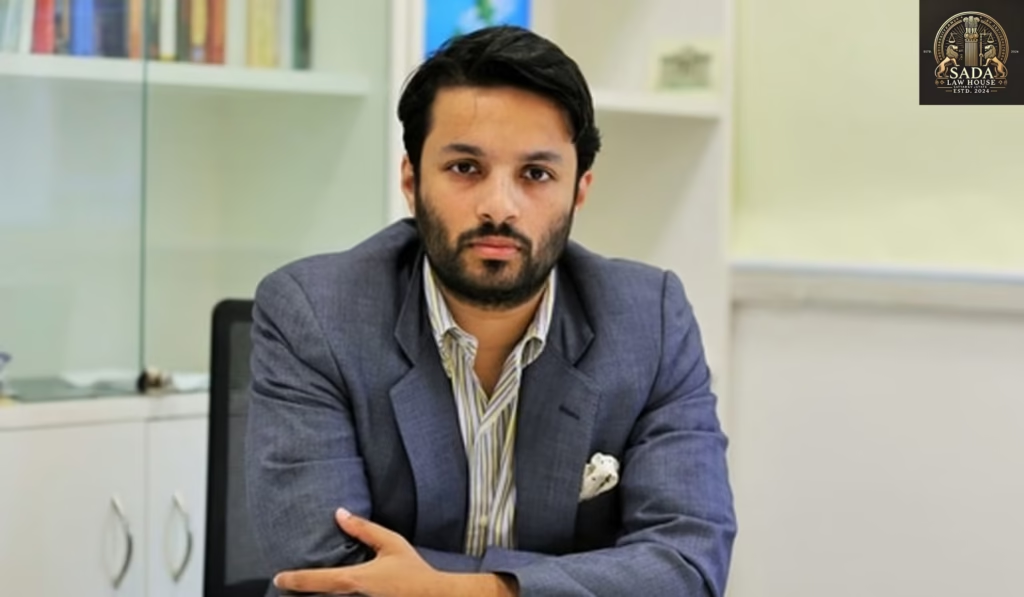Supreme Court Upholds Arrest Stay of BJP Minister Vijay Shah in Colonel Sofiya Qureshi Case, Ends MP High Court Proceedings
Trending Today Supreme Court Upholds Arrest Stay of BJP Minister Vijay Shah in Colonel Sofiya Qureshi Case, Ends MP High Court Proceedings Kerala High Court Grants Anticipatory Bail to Filmmaker Akhil Marar Over Alleged Seditious Remarks Supreme Court: No Blanket Ban on Witness Statement Disclosure Without Individual Threat Assessment Under UAPA WazirX Hack Explained: Legal Analysis and Cryptocurrency Security Lessons from India’s Biggest Crypto Breach LEGAL JOB OPPORTUNITY AT JURIDICA SOLUTIO LLP, DELHI JOB OPPORTUNITY AT JUNIOR ADVOCATE AT SAHALNA ASSOCIATE JOB OPPORTUNITY AT EVARA LEGAL LLP JOB OPPORTUNITY AT CHAMBERS OF ADITYA BHARAT MANUBARWALA JOB OPPORTUNITY AT CHAMBERS OF MS. SUPRIYA JUNEJA AND MR. ADITYA SINGLA Supreme Court Rejects Plea Against ₹229-Crore Gateway of India Jetty Project, Cites Ongoing Bombay HC Review Supreme Court Upholds Arrest Stay of BJP Minister Vijay Shah in Colonel Sofiya Qureshi Case, Ends MP High Court Proceedings PRABAHAT KUMAR BILTORIA 30 May 2025 The Supreme Court of India has upheld the arrest stay of BJP Minister Kunwar Vijay Shah in the controversy involving his derogatory remarks against Colonel Sofiya Qureshi, ending MP High Court proceedings and instructing an SIT-led investigation to continue. Supreme Court Upholds Arrest Stay of BJP Minister Vijay Shah In a significant ruling, the Supreme Court of India maintained its temporary stay on the arrest of BJP Minister Kunwar Vijay Shah. The case relates to derogatory comments made by Shah, where he allegedly called Colonel Sofiya Qureshi a “sister of terrorists.” MP High Court Proceedings Halted The Supreme Court directed the Madhya Pradesh High Court to cease ongoing proceedings, noting that the apex court had already taken cognizance of the matter. This move effectively ends dual proceedings and centralizes the legal action at the national level. Special Investigation Team Formed to Probe Case During the hearing, Solicitor General Tushar Mehta informed the court that a Special Investigation Team (SIT) comprising three senior officers had been formed as per the earlier directives. The SIT has begun its inquiry and filed a status report citing an on-site investigation conducted on May 21. Investigation in Progress: SIT Seizes Devices and Records Statements The SIT has already collected substantial evidence, including the seizure of mobile phones and electronic devices. Statements from key witnesses were also recorded. Given that the investigation is still in its initial stages, the court granted more time for further progress. Bench Reviews Petitions Filed by Vijay Shah Justices Surya Kant and Dipankar Datta reviewed two petitions filed by Vijay Shah. One challenged the suo motu order of the MP High Court directing an FIR against him, while the other contested the High Court’s intent to monitor the investigation directly. Supreme Court Rejects Shah’s Public Apology The Court issued a strong condemnation of Shah’s comments, calling them “filthy, crass, and shameful.” The bench also dismissed Shah’s public apology as insincere, pointing out that the apology video lacked genuine remorse or acknowledgment of public outrage. Justice Surya Kant urged Shah to reflect on his actions and seek meaningful redemption. Cooperation Mandated for Arrest Stay to Continue The court made it clear that the arrest stay is conditional upon full cooperation by Shah with the ongoing investigation. While the bench refrained from monitoring the case, it asked for periodic updates from the SIT to ensure procedural integrity. Conclusion: Legal Scrutiny Continues Amid Political Turmoil This case underscores the growing scrutiny of public figures and the consequences of inflammatory speech in India’s political landscape. With the Supreme Court stepping in to ensure a fair and impartial investigation, the focus now shifts to the integrity and findings of the SIT probe. As the legal process unfolds, the case remains a crucial marker in the conversation about political accountability and responsible discourse. Leave a Reply Cancel Reply Logged in as Sada Law. Edit your profile. Log out? Required fields are marked * Message* Live Cases Supreme Court Upholds Arrest Stay of BJP Minister Vijay Shah in Colonel Sofiya Qureshi Case, Ends MP High Court Proceedings Supreme Court Upholds Arrest Stay of BJP Minister Vijay Shah in Colonel Sofiya Qureshi Case, Ends MP High Court Proceedings Sada Law • May 30, 2025 • Live cases • No Comments Kerala High Court Grants Anticipatory Bail to Filmmaker Akhil Marar Over Alleged Seditious Remarks Kerala High Court Grants Anticipatory Bail to Filmmaker Akhil Marar Over Alleged Seditious Remarks Sada Law • May 30, 2025 • Live cases • No Comments Supreme Court: No Blanket Ban on Witness Statement Disclosure Without Individual Threat Assessment Under UAPA Supreme Court: No Blanket Ban on Witness Statement Disclosure Without Individual Threat Assessment Under UAPA Sada Law • May 30, 2025 • Live cases • No Comments 1 2 3 … 5 Next »

